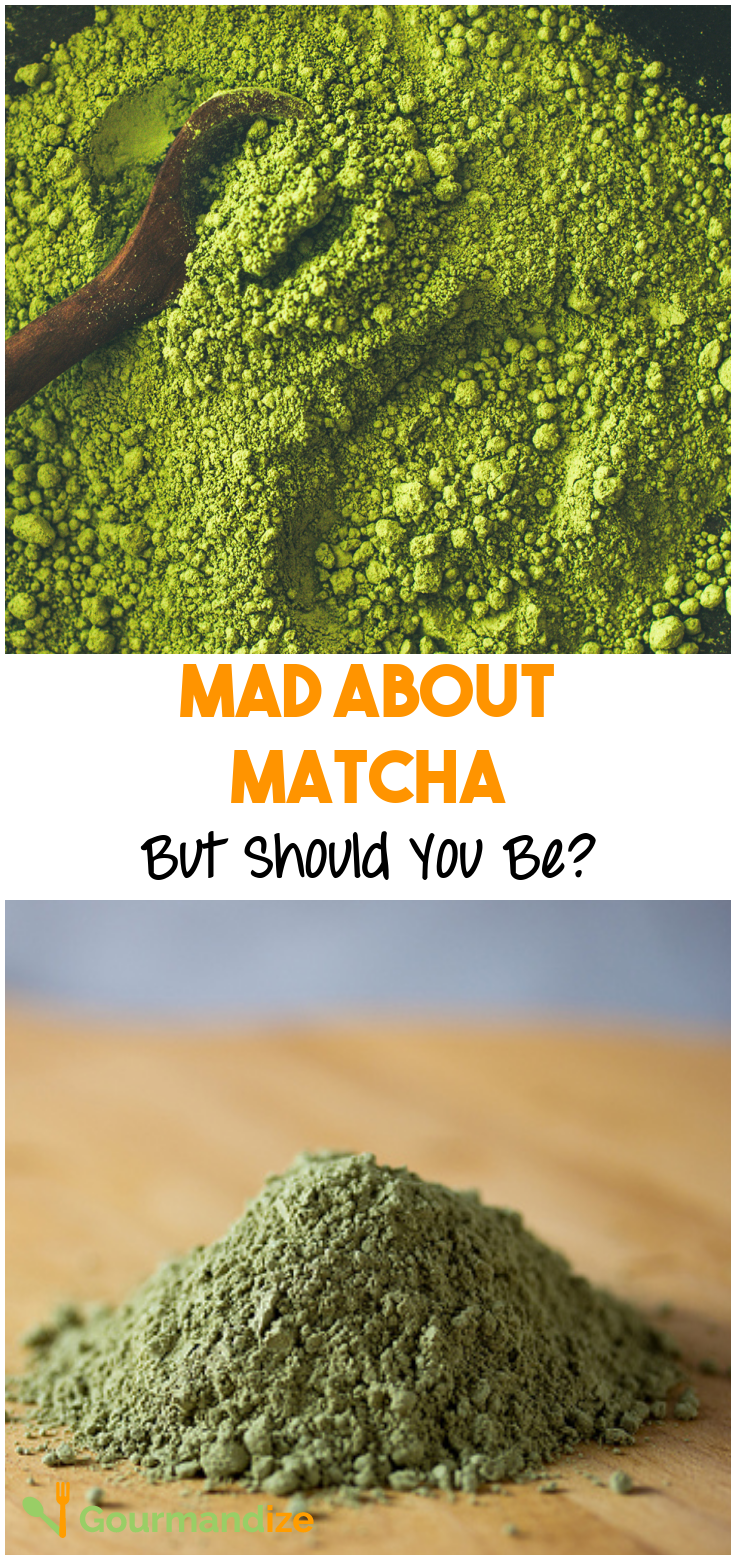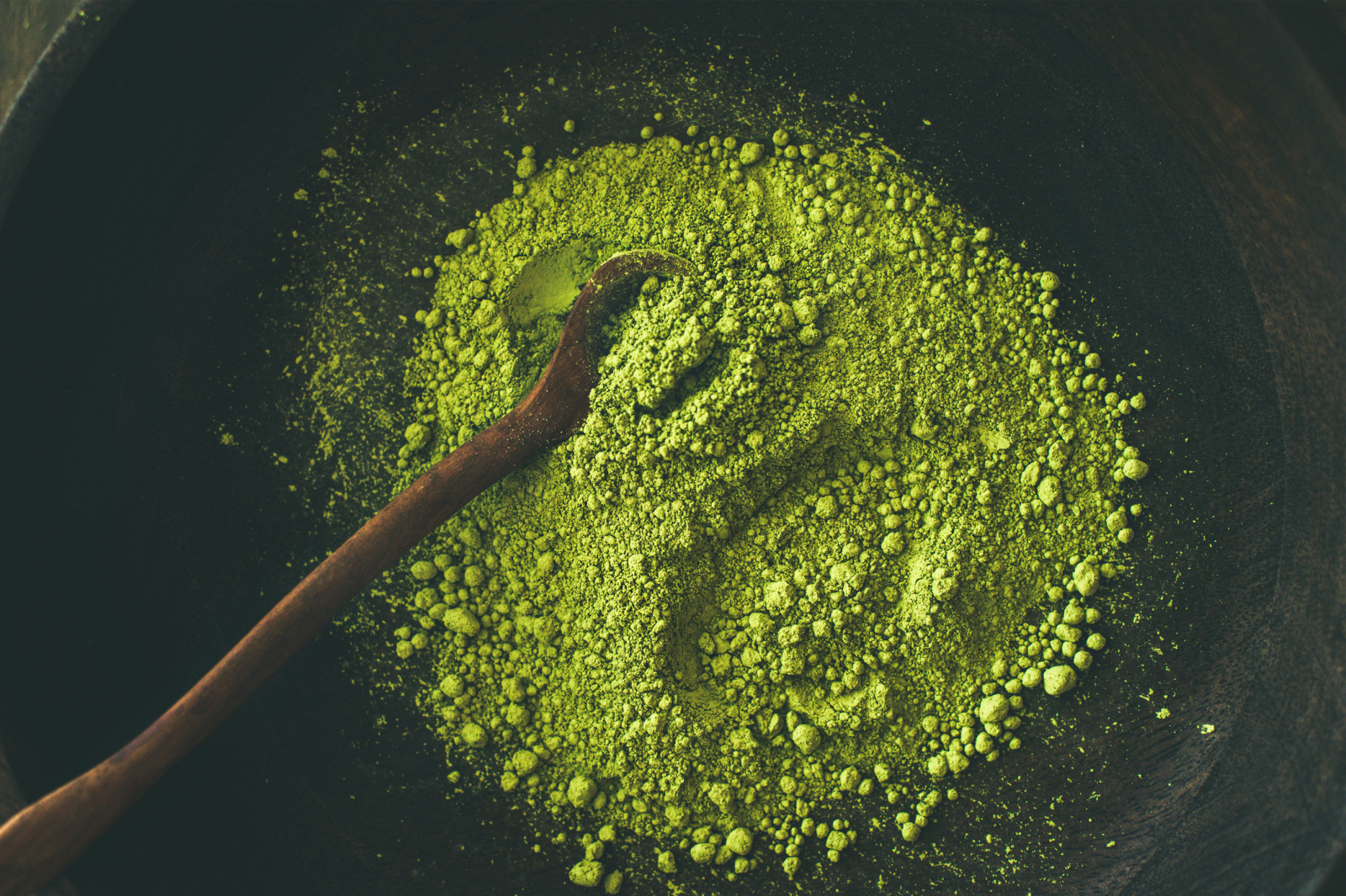Mad About Matcha: But Should You Be?
On restaurant menus and in our newsfeeds, matcha has clearly taken over. The world is mad about this so-called “wellness” ingredient. But how beneficial is matcha really?

WHAT IS MATCHA?
Matcha is a green tea that comes in powder form. Though the method for producing powdered tea originated in China, matcha came to Japan in the 12th century where it became part of the traditional Japanese tea ceremony. Love for matcha tea has since spread far and wide. It’s now a widely popular flavoring for various drinks and desserts.
Is it good for you?
The Zen Buddhist monks who discovered matcha were the first to realize the tea’s healing properties. And they were right!
Matcha is more potent than regular green tea and is bursting with antioxidants. One such antioxidant is called catechin, which is crucial to a cancer prevention diet. Matcha is also believed to be a metabolism booster, as well as a valuable source of fiber and vitamins. Matcha tea can also help with relaxation and improving energy levels.
But...
In its purest form, matcha may be the cure we’ve all been waiting for. When we consume it in the form sugar-heavy lattes and cheesecakes, however, we may just be cancelling out the tea’s original healthy benefits.
Matcha powder is also MUCH more expensive than regular green tea, costing as much as 20 bucks for 100g
So What now?
Like any health fad, it’s important to take any matcha-flavored food with a grain of salt. Feel free to indulge in some creamy, delicious matcha ice cream - but it may not be the miraculous health food it claims to be. As for us, we’ll enjoy sipping on our matcha tea every now and then. Nothing like a steaming hot cup of tea to unwind!
Hungry? Satisfy your cravings with Matcha Spinwheel Cookies.
More steaming articles
 14 amazing ways to make chocolate chip...
14 amazing ways to make chocolate chip...
 Parents can't stop sharing this...
Parents can't stop sharing this...
 How your toothpaste can tell you if you...
How your toothpaste can tell you if you...
Chef Tips and Tricks
Your parents told you that scoffing your food was bad, and now science has confirmed it!
Enjoy this video... slowly!



Comment on this article